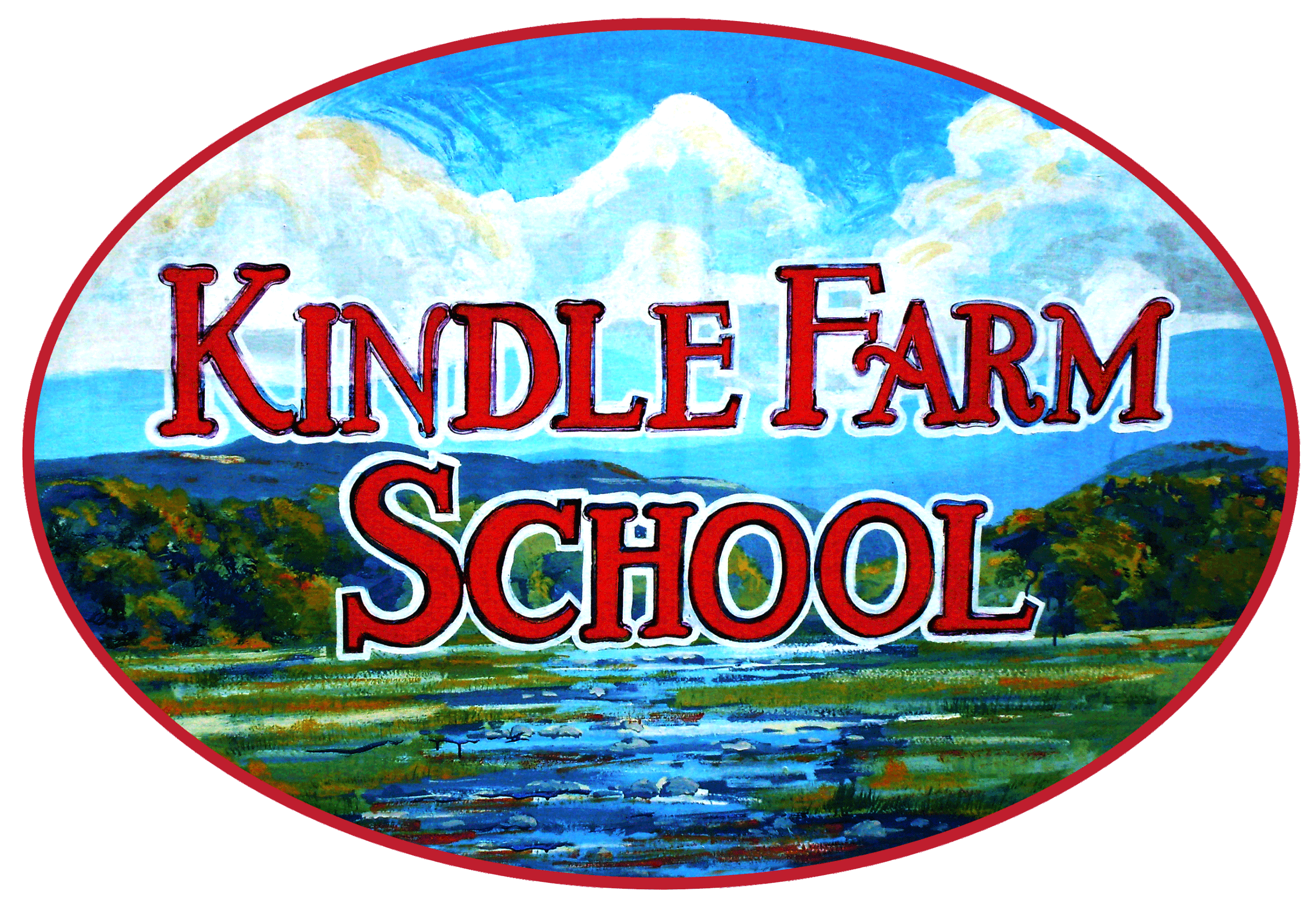Academic Programming
As we prepare our students to be responsible and compassionate adults, we must help them recognize their place within an increasingly imperiled natural world and an increasingly diverse and interconnected global society. Students must be given the critical thinking and communication skills required to navigate these realities, and these skills must be developed in coordination with a social and behavioral emphasis that allows them to develop these tools with real people. It is the goal of our curriculum to help students apply this empirical lens to their interactions with both the natural and man-made worlds.
The Kindle Farm Curriculum is grounded in several institutions and practices. The overarching scope and sequence are in harmony with those utilized in local school districts. We emphasize that though these institutions are calling their programs “History” and “English” we decided to broaden the terms and concepts to “Social Studies” and “Language Arts” to incorporate a variety of topics, themes and global perspectives. Additionally, many of the schools implement vocational curriculum by specific trade. We offer occupational curricula that give our students the opportunity to become well-rounded members of the workforce. In compliance with the State of Vermont, we ground our scope and sequence in the Next Generation Science Standards, the College, Career and Civic Life (C3) Framework, the Vermont Career and Technical Standards (Diversified Agriculture and Forestry Natural Resources) and the Common Core State Standards. However, the project-based nature of the curriculum, the emphasis on local agency and engagement, and the modeling of tasks after the true work of real-world readers, writers, listeners, speakers, thinkers, mathematicians, scientists, social scientists and problem solvers combine to give the curriculum a longevity that is not defined by the current standards.

